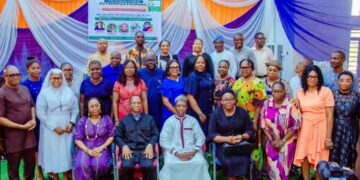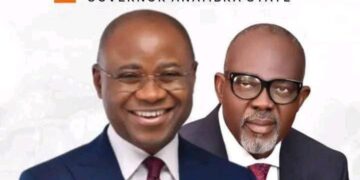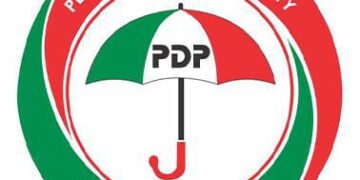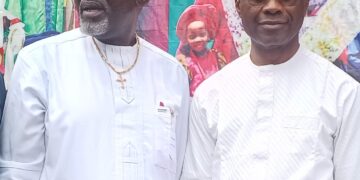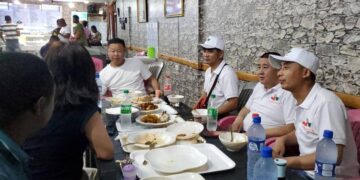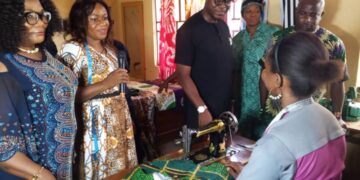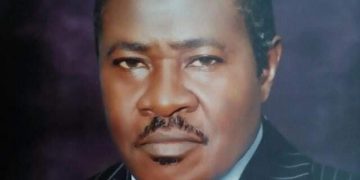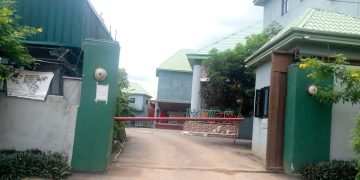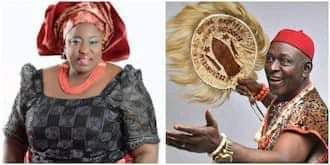Ex-DMO DG Explains Asia’s 40% to Africa’s 2.7% Shares of World Trade
Prof. Abraham Nwankwo, an Economist at MIVA Open University has said Africa and Nigeria in particular must strengthen its production capacity in order to benefit optimally from world trade.
Nwankwo said this at an International Conference organised by the International Centre For Regional Integration And Trade Research, Nnamdi Azikiwe University, Awka,
The conference was themed “30 Years Of Nigeria In WTO, Opportunities, Challenges, Prospects.
The former Director General of Debt Management Office said Africa, especially Nigeria was backward in international trade due to relative poor production as both were directly proportional.
He said Africa had a gross domestic product share of 2.6 percent in world output as against Asia which had 36 percent, this is why Africa has a share of 2.7 percent of world trade while Asia has 40 percent.
The expert said humongous hinfrastructure deficit and debilitating public debts were hampering the capacity of Africa to participate completively and benefit optimally from world trade.
“Something is wrong with with Africa performance in international trade and it is easy locate the source of the problem in the poor performance in production, so, we must talk seriously about production which is where we get what we trade.
“Discussion on trade must be linked with discussions on infrastructure deficit in Africa and Nigeria in particular.
“It is so huge that if we use all what is available for infrastructure in Africa, we still need more than 100 billion dollar per annum for the next 20 to 30 years and we don’t have such money to build the infrastructure gap,
“What it means is that, we have to borrow, many African countries are in debt distress but they have infrastructure defit that require them to borrow more .
“So, experts who are committed and competent to deal with issues of international trade must fund a away of looking backwards to production, infrastructure and public debt issues,” he said.
In his Keynote lecture, Prof. Muhammed Ladan, a professor of Regional Economic Integration Law and Practice In Africa said Nigeria had benefited from reduced trade barriers and participated in a rule-based multilateral trading system since she joined WTO in 1995.
His lecture was entitled
“Nigeria’s Trajectory Under WTO Reform And African Continental Free Trade Area (Afcfta) Agreement Implementation”.
He said WTO rules in sectors such as agriculture and intellectual property had been criticised for disproportionately affecting developing developing countries like Nigeria.
He said Nigeria needed to strengthen domestic sectors and reduce reliance on imports in order to address issues of trade deficits in services and income.
The Don identified poor infrastructure, including transportation, power, and communication networks as significant obstacles to Nigeria’s economic growth and global competitiveness.
He however said that Africa Continental Free Trade Area presents Nigeria an opportunity to expand its trade within the African continent, diversify the economy, potentially boost exports, industrial and economic growth.
“While Nigeria has made efforts to diversify its economy, challenges remain in developing a competitive manufacturing sector due to factors like unreliable electricity, infrastructure deficits, and competition from imports.
“Tapping into digital trade opportunities requires addressing issues like regulatory fragmentation, cybersecurity, and limited access to digital markets for Micro, Small and Medium Enterprises.
“While the WTO provides a broader framework for global trade, the AfCFTA aims to integrate Af
rican economies through trade,” he said
